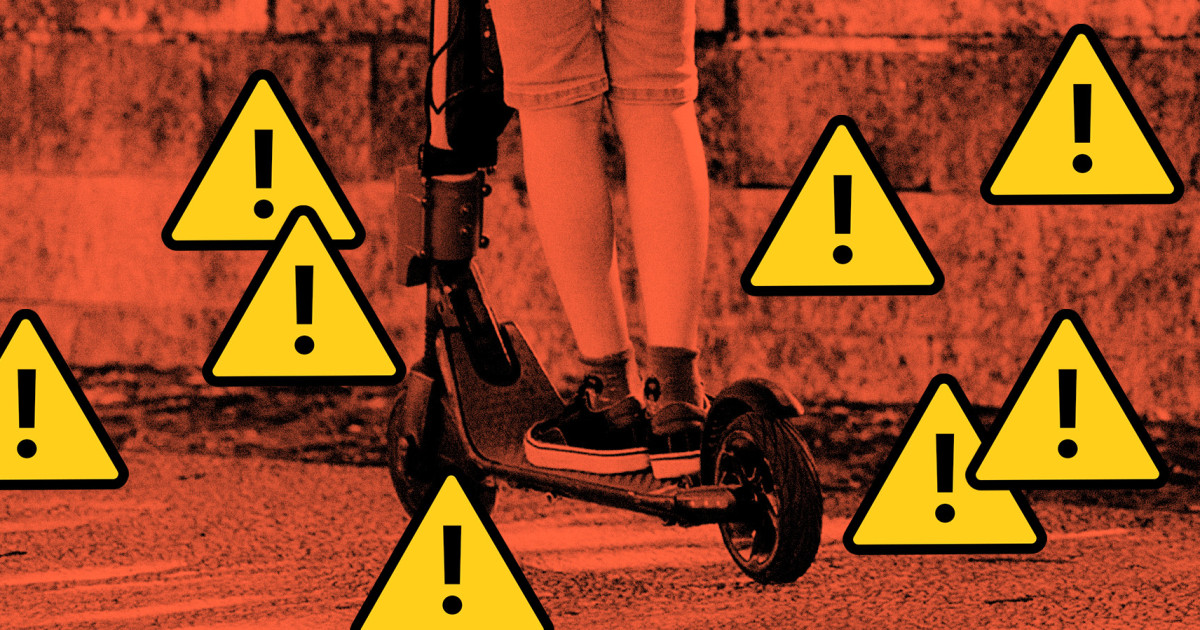
Pediatricians are sounding the alarm about three products that have been increasingly or frequently landing kids in the emergency room.
According to research being presented this weekend at the American Academy of Pediatrics National Conference, children are getting burned by hair styling tools, swallowing tiny magnets found in desk toys and injuring themselves on electric scooters.
The researchers called on parents, schools and regulators to help reduce those risks.
Unintentional injuries are the leading cause of death among children in the U.S., and some of those deaths “stem from things in the household that potentially could be hazardous,” said Dr. Brandon Rozanski, a pediatric resident at Tripler Army Medical Center in Honolulu.
The products highlighted in the new research, of course, aren’t the only ones that pose threats. Nursing pillows, loungers and rockers have also been associated with suffocation in infants, while water beads and coin or button batteries can be life-threatening if kids ingest them.
“Unfortunately, there are a few products that unto themselves pose a danger to a child,” said Dr. Leah Middelberg, a pediatric emergency medicine physician at Nationwide Children’s Hospital in Columbus, Ohio.
The dangers of swallowing powerful magnets
Middelberg’s research highlights the dangers of small, round high-powered magnets — also known as “rare-earth magnets” — often sold as desk toys. Fidgeting with the balls or beads is said to help relieve stress in adults, but children can accidentally swallow them or insert them into their noses or ears.
“They come in tens to hundreds in these little sets, where easily a couple can come free and be trapped in the carpet and a kiddo can pick them up,” Middelberg said.
Doctors worry especially about children’s ingesting more than one magnet, because two can strongly attract and pinch body tissue. That, in turn, can cause internal bleeding, twisting or blockages in the intestines, infection or death.
High-powered magnets are “definitely up there with things that I worry a lot about kiddos getting ahold of,” Middelberg said.
Her research, based on data from 25 U.S. children’s hospitals from 2017 to 2019, identified nearly 600 cases in which people ages 21 or younger swallowed high-powered magnets or inserted them into their noses or ears. Nearly half required a procedure like surgery or an endoscopy, Middelberg said.
Kari Schuttler Vicario said her son, Brody Franzen, accidentally swallowed two high-powered magnets at school more than three years ago, when he was in the sixth grade.
“There were two little circular ones that he was trying to put on the top and bottom of the tip of his tongue,” Vicario said. “They slipped off the tip and connected together, and then he, out of shock, just swallowed them.”
Franzen reported the incident to the school nurse, she said. They went to the hospital, where doctors put a tube down Brody’s throat and a camera into his stomach to retrieve the magnets. He spent the night in the hospital but made a full recovery.
“If he wouldn’t have said something as soon as he did or waited a day, it could have been much worse,” Vicario said.
Middelberg said there has been a “huge increase” in magnet-related injuries and calls to U.S. poison centers since 2017. The previous year, a federal appeals court overturned a mandate from the U.S. Consumer Product Safety Commission that required magnet sets to be too large to swallow or too weak to cause internal injuries.
The commission passed a new mandate last year with similar requirements, which remains in place, but Middelberg said researchers aren’t yet sure whether injuries have declined as a result.
“We hope injuries and exposures will go down like they did the last time the rule set was in place,” she said.
Curling irons: A burn hazard for young kids
Electric hair styling tools can send kids to the emergency room, Rozanski said, because touching them accidentally can lead to first- or second-degree burns. Curling irons and hair straighteners can reach temperatures as high as 450 degrees Fahrenheit within minutes of being plugged in.
Rozanski’s research, which drew upon data from the National Electronic Injury Surveillance System, estimated that there were 31,000 burn injuries from hair styling tools among people ages 24 and younger from 2013 to 2022. Most of the people injured were age 10 or younger, and the vast majority didn’t need to be admitted to the hospital; however, Rozanski estimated that more than 1,000 of the incidents resulted in emergency department visits.
“Developmentally, kids under 10, they’re going to be curious, they’re going to be reaching things. They don’t necessarily have the learned skill of ‘Hey, that might be dangerous. That’s hot,’” Rozanski said.
He recommended that parents keep electric hair stylers out of kids’ reach until they become teenagers.
Teen boys fall or collide riding electric scooters
As electric scooters have become popular, they have also led to more injuries, according to research from Children’s Hospital of Philadelphia, or CHOP.
From 2020 to 2021, researchers found, the number of children and teens injured on electric scooters rose 71% in the U.S. Emergency departments reported more than 13,500 such injuries over the two-year period, frequently among boys ages 16 to 18.
Head injuries like fractures were the most common type, the researchers found. Nearly 67% of children who sustained head injuries from electric scooters weren’t wearing helmets.
Some scooter injuries involved car accidents, while others came after riders hit potholes or uneven ground.
Over the summer, 16-year-old Anthony Greco hit a pothole in the road riding his electric scooter home from work.
“The scooter started to lose control, and I felt like I was going to fall off. I tried to hop off and save myself, and then I landed right on my ankle, and it just snapped,” he said.
Anthony fractured his leg and sought care at CHOP. The wound was so severe and dirty that doctors considered amputation, but they were able to perform reconstructive surgery.
“His father is an above-the-knee amputee, so we already live that life. To have that for our son, too, that was a really scary thought,” said his mother, Krystine Greco.
Dr. J. Todd Lawrence, the pediatric orthopedic surgeon who treated Anthony at CHOP and oversaw the research, said many kids visit the emergency room for similar circumstances. But the majority of electric scooter injuries are “little bumps and bruises, things that are fairly easily treated,” he said.
To prevent injuries, the researchers suggested adding more bicycle and scooter lanes in suburban and urban areas, teaching kids safe riding practices and educating drivers about maintaining safe distances from scooters.
Lawrence said parents should also consider buying scooters with sizes and speeds that are appropriate for their teenagers.
“If you’re going to have your 15-year-old teenage boy riding it, they don’t need one that goes 55 miles per hour,” he said.
According to the Greco family, however, kids shouldn’t be riding electric scooters at all.
“If I see somebody on an electric scooter, I think to myself, ‘How can you even be doing that right now?'” Anthony said. “I see all of the casualties that can happen while they’re on it.”

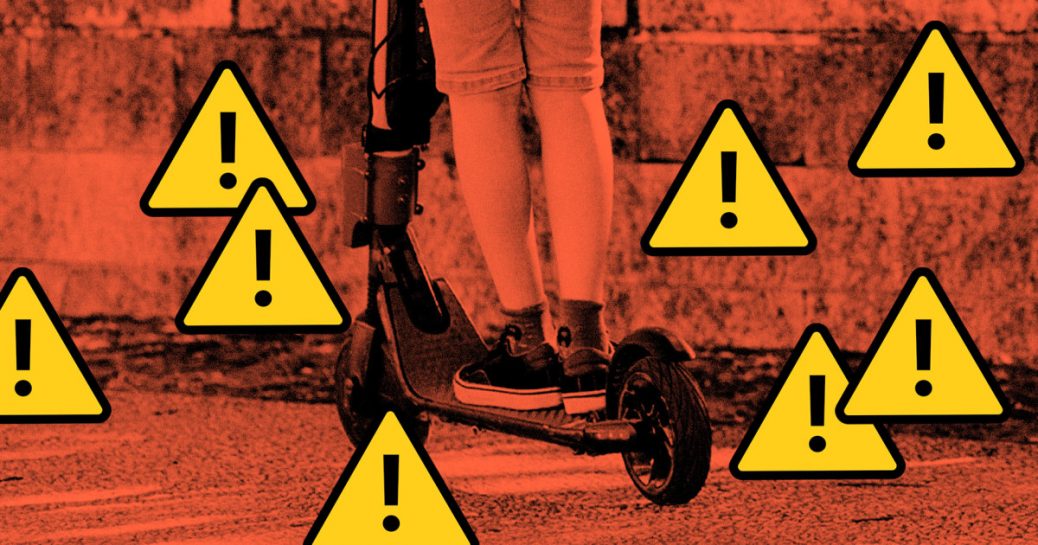
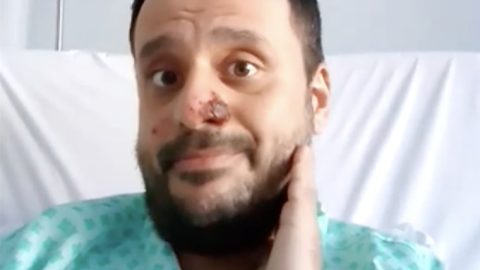
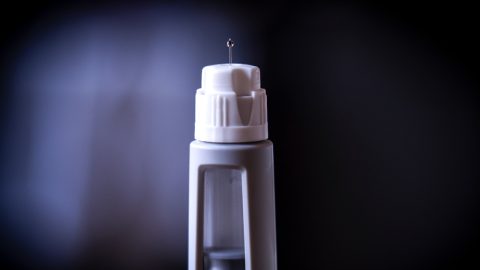

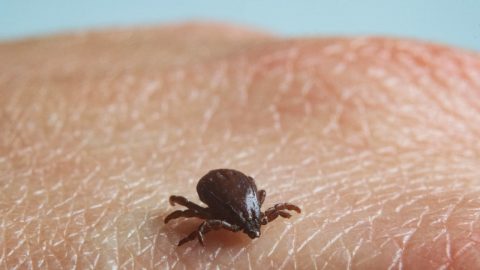



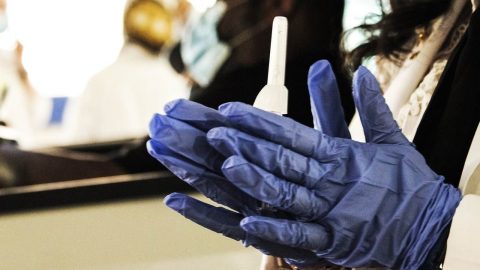
Recent Comments